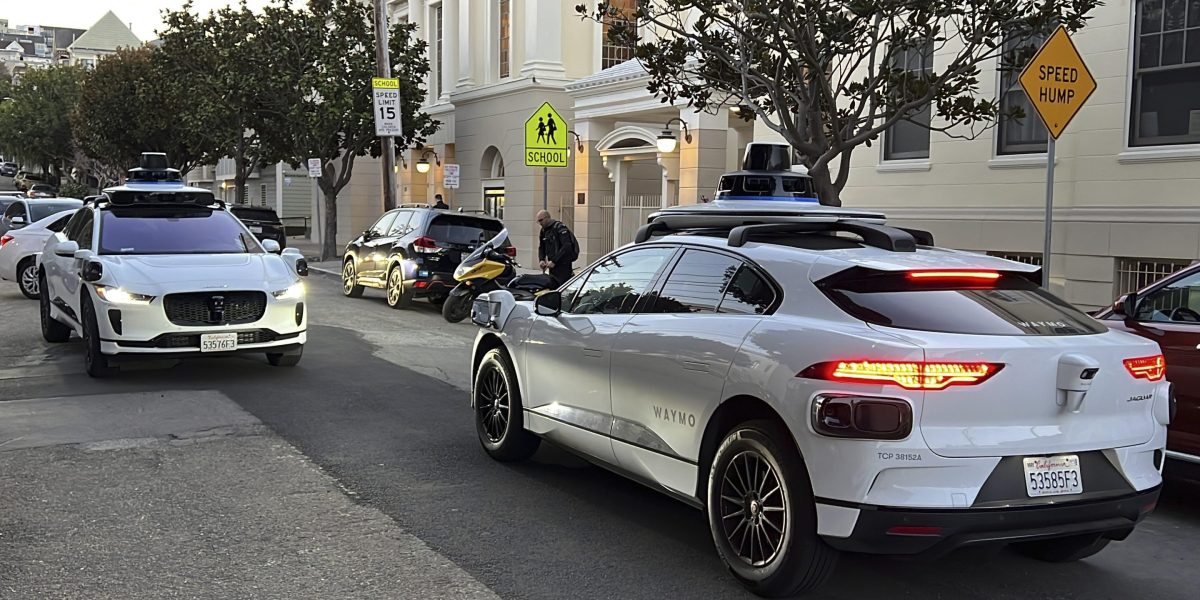Sooner or later, the AI industry will consolidate.
Which companies among today’s AI unicorns will survive the shakeout, which will be subsumed into larger companies, and which will perish is, of course, impossible to know. But the wide-ranging views regarding the current crop of high-flying AI startups are instructive in their own right, providing a useful gauge of industry and investor expectations.
A few weeks ago, we sent out a call for your predictions as to how the largest AI startups will fare over the next one to five years. And dozens of people got back to us, with some pretty spicy takes. Two people said CoreWeave is “doomed,” very few were expectedly bullish on Anthropic, and there was a lot of negativity about Mistral. Predictions about OpenAI’s future diverged wildly, as was the case for Perplexity.
Some of the most split opinions involved Alphabet’s self-driving car subsidiary Waymo—even from investors within the same firm. Marissa Moore and Julianna Vitolo of OMERS Ventures took the bull and bear cases for Waymo’s future.
“Waymo throws in the towel as a robotaxi and robustly commercializes by licensing its IP out to other automakers and fleet operators and becomes the dominant platform for passenger vehicle autonomy in the U.S.,” Moore predicted.
Vitolo’s take, meanwhile, was: “Waymo is set to eclipse Uber and Lyft in metros like SF before running the table in other urban environments… We’ve passed the point of no return and Waymo will ultimately eclipse the rideshare 1.0 players.”
Very few survey respondents seemed terribly optimistic about the recently IPO-ed CoreWeave or French startup Mistral. As Umesh Padval, Thomvest Ventures managing director, said: In addition to CoreWeave’s customer concentration concerns, the company faces “the risk that GPU supply may outpace demand which will lead to pricing pressure and a potential depreciation period for GPUs that could be shorter than the anticipated six years.”
“As an open-source model provider, Mistral may struggle to compete and generate revenue in a market increasingly dominated by Meta’s Llama and major players like Anthropic and Cohere,” Padval added.
But it’s not all bad for Mistral, as Anik Bose, general partner at BGV points out, “Mistral may benefit from Europe’s AI sovereignty agenda.”
Ethan Batraski, partner at Venrock, wrote to Fortune that he expects IBM or Oracle will acquire Cohere, xAI to become “the consumer market leader,” and that Perplexity will be acquired by Microsoft in an effort to revive Bing. And: “OpenAI won’t be profitable, ever,” he wrote.
Since we’re talking about AI, I decided to feed all the reader responses into ChatGPT and asked it to summarize the overall reader feedback regarding the various AI startups.
Anthropic was considered “smart, solid, unspectacular” by Term Sheet readers, according to ChatGPT summarization. The most unreservedly positive take was around Databricks, “durable and disciplined, infra crown jewel.” Sentiment around Mistral was described as “underdog with geopolitical tailwinds, but limited ceiling.” Perplexity and xAI were described as “polarizing,” Canva as “strong brand, but at risk of stagnating,” while Waymo was described as “contested, uncertain.”
ChatGPT’s punchy synopsis of sentiment around OpenAI called its maker a “consumer kingpin with no path to profit.” But I’d argue Sophie Bakalar, Collaborative Fund partner, put it best: “OpenAI feels inevitable, given its head start and ownership of consumer mindshare, but it’s also carrying the heaviest expectations.”
See you tomorrow,
Allie Garfinkle
X: @agarfinks
Email: alexandra.garfinkle@fortune.com
Submit a deal for the Term Sheet newsletter here.
Nina Ajemian curated the deals section of today’s newsletter. Subscribe here.
This story was originally featured on Fortune.com

